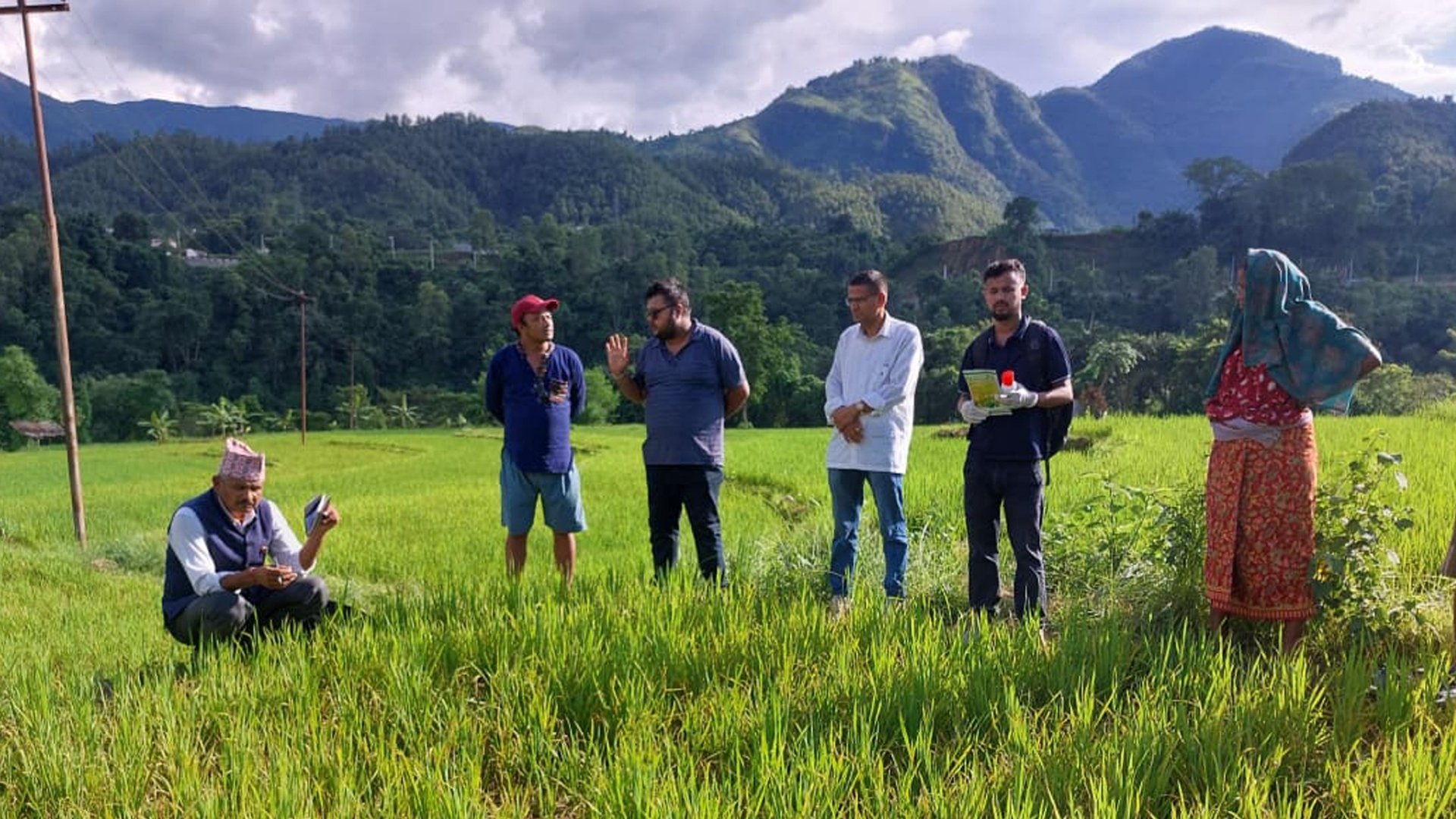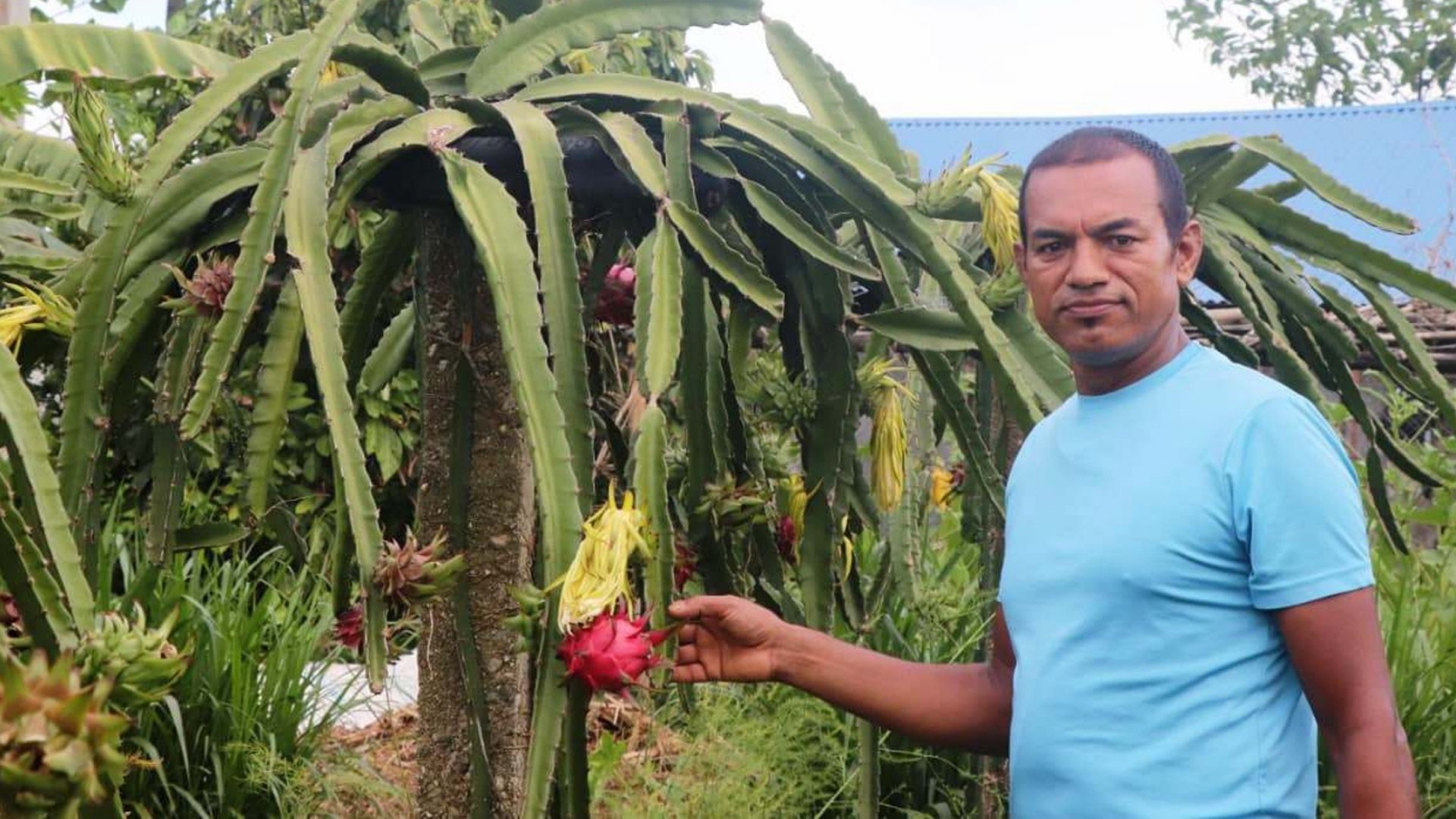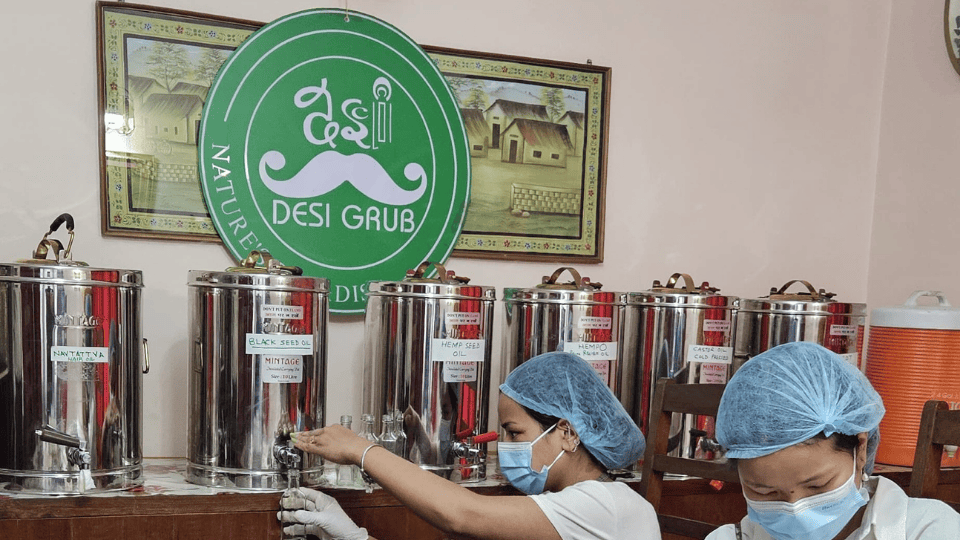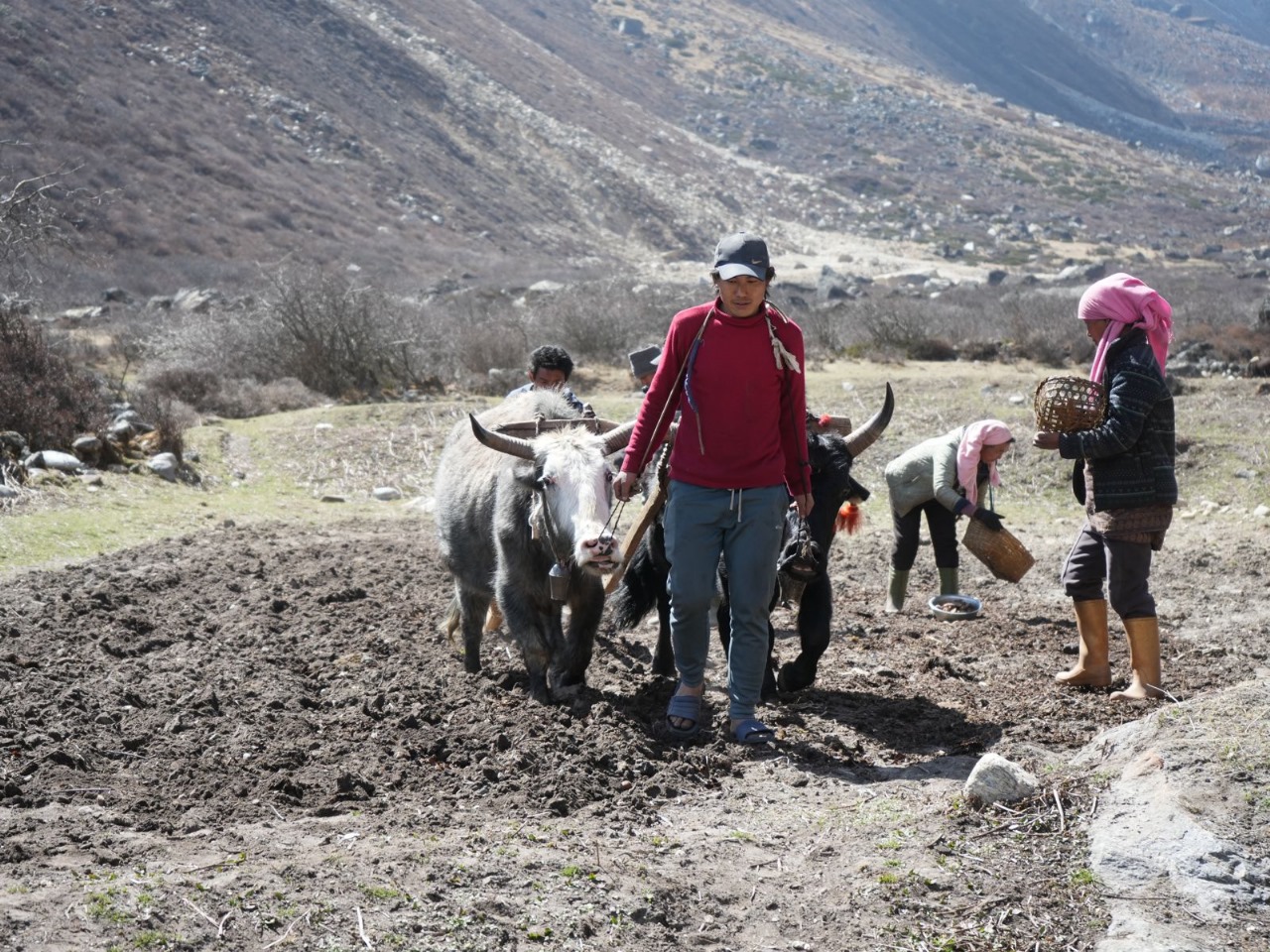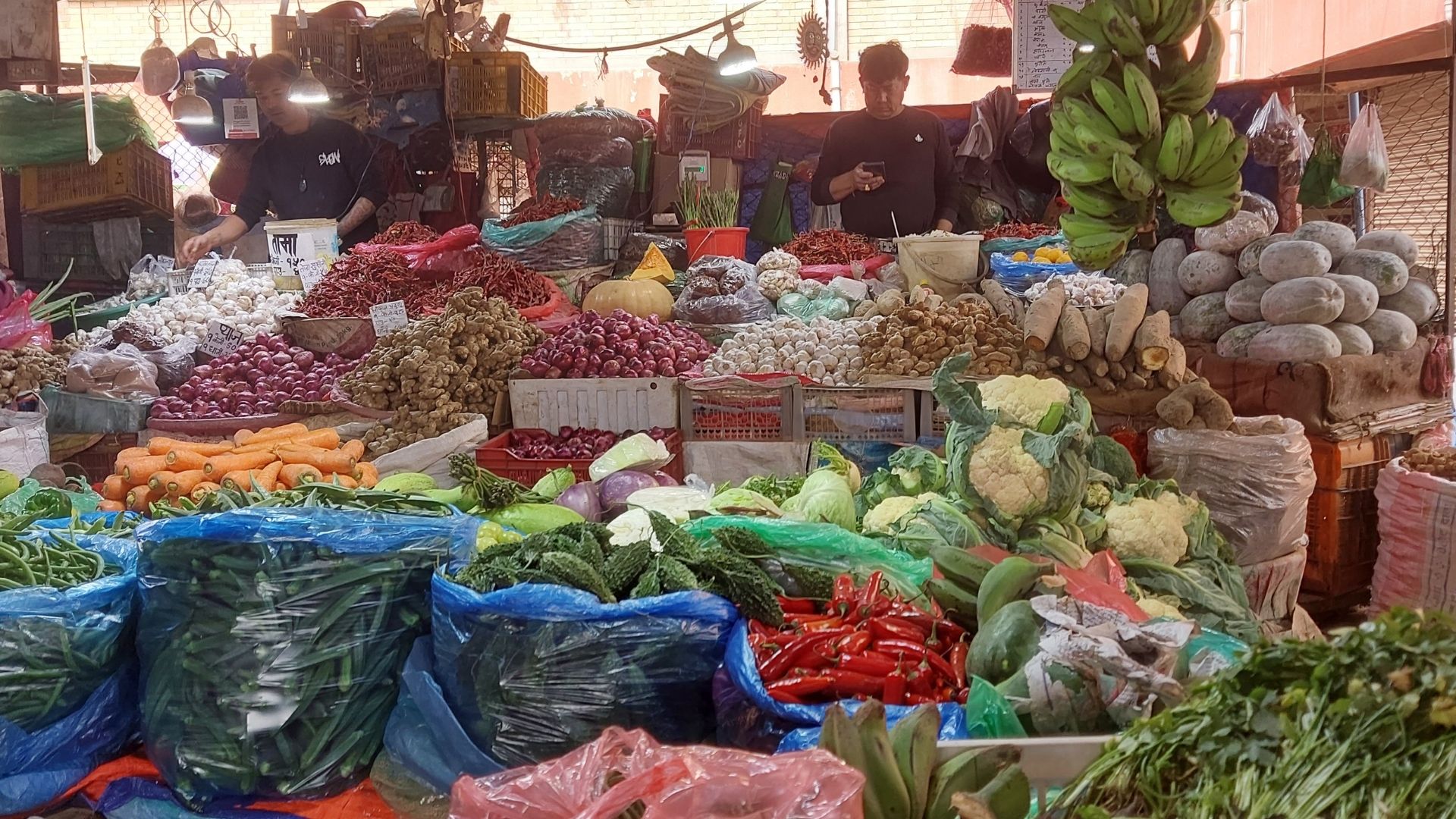Agriculture contributes over one-fourth of Nepal’s GDP and employs more than 60% of the population. But transforming agricultural production into a profitable agribusiness requires more than growing crops—it needs planning, markets, value addition, and business management. This guide offers key insights and steps for first-time agri-entrepreneurs in Nepal.
“Agri-business is not just farming—it’s creating value from seed to market.”
1. Understanding the Agri-Business Value Chain
Agribusiness goes beyond production. Here are the main stages:
- Input Supply: Seeds, fertilizers, equipment, tools.
- Production: Farming, poultry, dairy, fishery, etc.
- Post-Harvest Handling: Cleaning, grading, drying, storing.
- Processing: Turning raw materials into products (e.g., tomatoes into ketchup).
- Marketing & Sales: Selling to retailers, cooperatives, exporters, or directly to consumers.
2. Choosing the Right Agribusiness
When choosing an agribusiness idea, ask these questions:
- Is there a local demand or market gap for this product?
- Is the climate, soil, and water in my area suitable?
- Do I have or can I acquire the technical skills needed?
- Is processing or value addition possible to increase profits?
Examples of Popular Agri-Businesses in Nepal
- High-value crops: Asparagus, mushrooms, strawberries, turmeric.
- Dairy processing: Curd, paneer, ghee.
- Poultry and egg farms (broiler/layer).
- Organic vegetable farming for urban markets.
- Beekeeping and honey processing.
3. Planning and Registering Your Agri-Business
Steps to legally establish an agribusiness in Nepal:
- Choose a legal form: Sole proprietorship, partnership, or private limited.
- Register your business: Through your local Ward Office and then the Department of Cottage and Small Industries (DoCSI).
- Obtain a PAN number: Mandatory for business operations and taxation.
- Check for applicable licenses: Especially for food, dairy, poultry, or export-related businesses.
4. Access to Finance and Subsidies
Many agri-entrepreneurs struggle with capital. Here are some financing options:
- Subsidized agricultural loans: From Agriculture Development Bank and other BFIs under Nepal Rastra Bank refinancing programs.
- Youth-focused grants: Available through local governments for returnee migrants and startups.
- Collateral-free loans: For small women-led or cooperative agribusinesses.
- Agriculture insurance: Offered with partial premium support from the government.
Tip: Visit your municipality’s agriculture office to ask about local grant programs and subsidy schemes.
5. Marketing Your Agri-Products
- Direct-to-consumer sales: Farmer markets, roadside stalls, online platforms.
- Cooperatives and aggregators: Pool produce with others to access larger buyers.
- Wholesale channels: Sell to local traders or cold stores with advance agreements.
- Digital sales: Use Facebook pages, Thulo.com, SastoDeal Agro, or HamroKisan.
6. Tips for Success in Nepali Agri-Business
- Start small and scale gradually. Don’t invest in large land or machines too early.
- Build local networks: Join farmer groups, cooperatives, or youth clubs.
- Document everything: Track expenses, yields, weather, and prices.
- Focus on quality: Use safe inputs and hygiene to build trust with buyers.
- Learn continuously: Attend training by Krishi Gyan Kendra, NGOs, or YouTube channels like “Krishi Diary.”
“Profit doesn’t grow in the field—it grows in planning, marketing, and smart decisions.”
7. Useful Resources for Agri-Entrepreneurs in Nepal
- Ministry of Agriculture and Livestock Development (MoALD): www.moald.gov.np
- Department of Cottage and Small Industries: For business registration and training.
- Agri-Insurance Board: www.agroinsurance.gov.np
- Practical Action Nepal, Heifer International, and local NGOs for technical assistance.
Agribusiness in Nepal holds huge potential—but it requires business thinking, not just production skills. Start with a focused idea, learn from others, build slowly, and look for ways to add value and reduce waste. Success will follow.
“Agriculture alone may feed you. But agribusiness can build wealth.”


